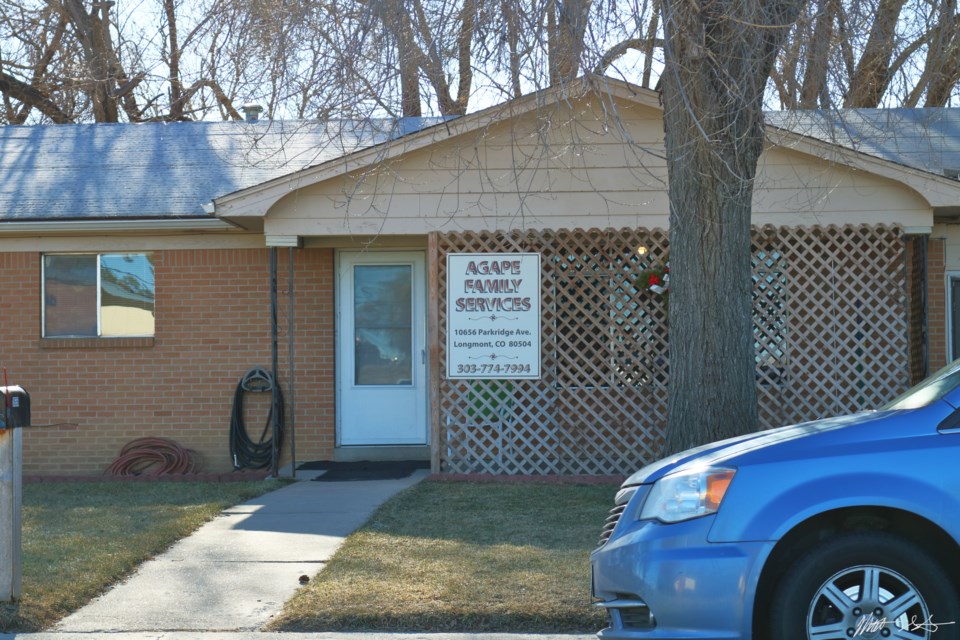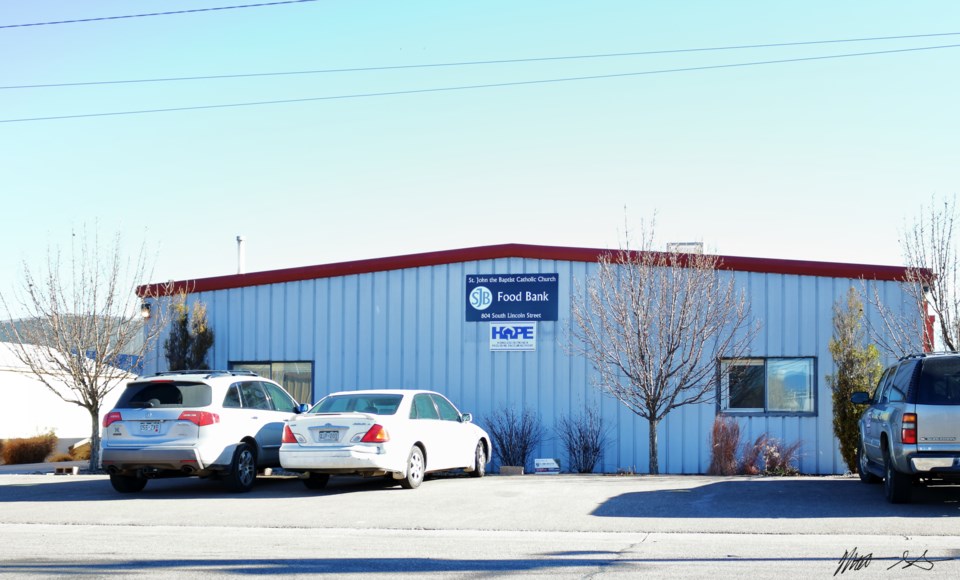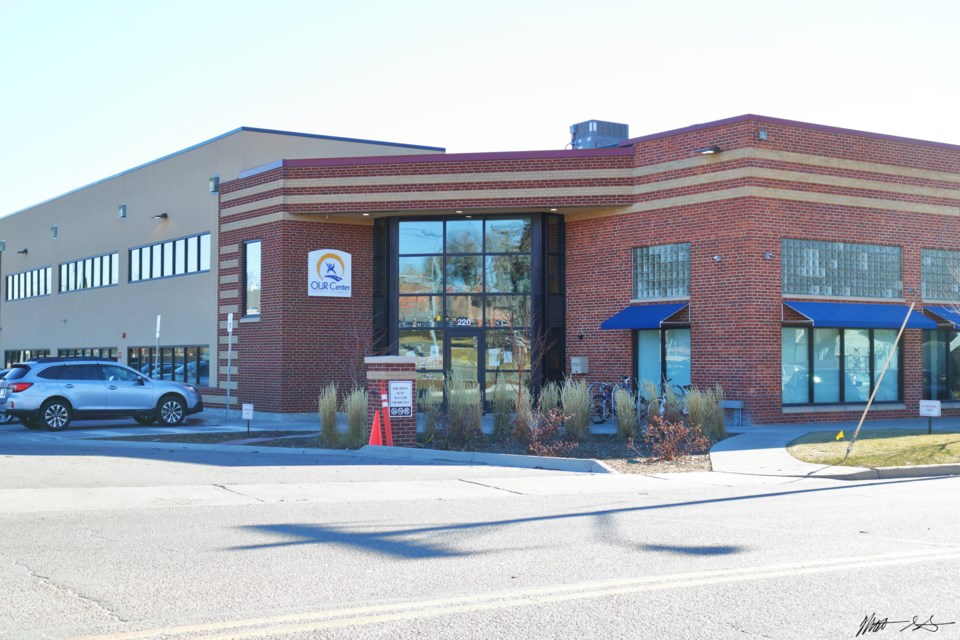This content was originally published by the Longmont Observer and is licensed under a Creative Commons license.
This is the fifth installment in a series about homelessness. It covers three community organizations that help those experiencing homelessness. These are certainly not the only organizations that do this kind of work in Longmont, but they are some of the better known organizations. The three that are covered are AGAPE Family Services, HOPE, and the OUR Center.

AGAPE Family Services (AGAPE) admits about 25 people per year into their program, but they serve more than that. They have a day shelter that is open on Tuesdays and Thursdays throughout the year. In addition, they are affiliated with congregations here and in Boulder that they can call for more help. AGAPE provides showers, laundry, clothes for interviews, meals, tents, and night shelters. Perhaps the most important thing AGAPE provides however, is love and care for the homeless according to Michelle McCracken.
Jessica Bennet says that the community should understand that many of the people that come to AGAPE are long-time residents of Longmont and that a majority of them actually do work. As for what she would like the community to know, she says people should have a heart when it comes to those experiencing homelessness. Although rumors persist about people coming to Longmont just for the services, Michelle McCracken says that it is not everybody’s dream to sleep on the floor of a church.
For those that want to get involved with AGAPE, they can visit the website. There they can find a videos about guest stories and applications for volunteering. Interested parties can also contact the volunteer coordinator Michelle McCracken directly at 303-564-0696.

HOPE stands for Homeless Outreach Providing Encouragement. HOPE served 1,565 people last year. Although street outreach had been the core of HOPE’s programs for many years, in 2016, they took on providing consistent overnight shelter from November through March. In order to do this, HOPE partnered with Journey Church and The Heart of Longmont.
In 2017, HOPE joined the Homeless Solutions for Boulder County Program which is the coordinated entry program. This changed the way street outreach was done. Instead of having fixed service points in the community, HOPE now conducts daytime outreach and has nighttime “search and save” operations to locate those people needing help.
In November 2017, HOPE also began providing navigation services in partnership with the OUR Center. The Soup Angel evening meal is part of that program. HOPE provides case management, showers, laundry, and storage spaces. In the winter, sleeping spaces are also provided.
Lisa Searchinger, the former executive director of HOPE says that people should understand that the issue of homelessness is complicated. There are many different forms, stages, and sub-populations of homelessness. Those people usually seen with the signs make up the smallest percentage of those experiencing homelessness. For most experiencing homelessness, you would never know they were having problems. They sleep in their cars and go to a regular job.
Lisa Searchinger disagrees with those who say that there are people coming to Longmont just for the services because going through the coordinated entry program is a requirement to receive services here. There are those that may refuse to get assessed and often, these are the most visible on the street.
For people wanting to get involved with HOPE, there are many different types of opportunities. People can contact the volunteer coordinator, Andy Schwartz at [email protected].

How many people the OUR Center serves depends on the program. Last year, the OUR Center served 178 people with navigation services in the coordinated entry program. The OUR Center also serves meals to people and those people are not identified as to their status.
The OUR Center provides meals twice a day on weekends and once a day during the week every day of the year. Some of the other services provided include a shop for non-perishable meals, clothing, rental assistance, housing referrals, employment assistance, and a family law clinic. In addition, the OUR Center offers life skills classes and adult education. They have a computer lab and can provide childcare.
Edwina Salazar, the executive director, says that everyone deserves to have a home. She believes the community is working to offer people a path to housing, but it is difficult because people experiencing homelessness may have issues that are barriers to getting housing.
Longmont has a lot of great services for people experiencing homelessness but Edwina Salazar says she believes that the homeless population is on the move. The coordinated entry program has changed this somewhat because people are required to follow a case plan in order to get services. This requires them to stay in the Longmont area. In addition, the OUR Center requires that people have been in Longmont for a month to get services.
People interested in volunteering will find a variety of opportunities at the OUR Center. An application for volunteering can be found on the website.


